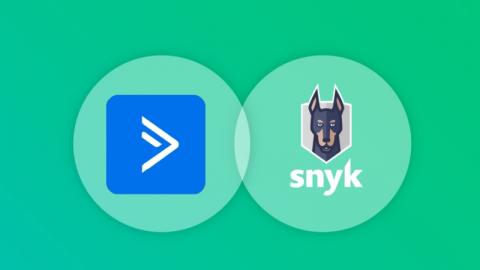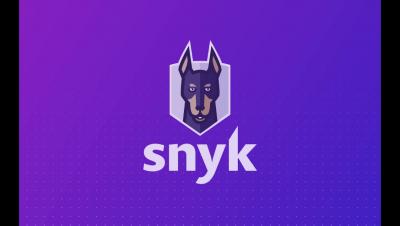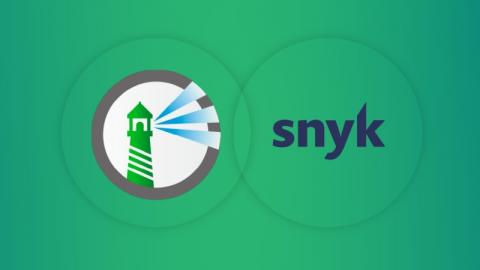Snyk @ Snyk: Enabling Kubernetes RBAC for Snyk's Developers
As Uncle Ben once said, “With great power comes great responsibility.” This is also true of the Kubernetes API. It is very powerful, and you can build amazing things on top of it, but it comes with a price—a malicious user can also use the API to do bad things. Enter Kubernetes RBAC (role based access control), which enables you to use the API in a controlled manner by granting only required privileges needed, following least privilege principle.











